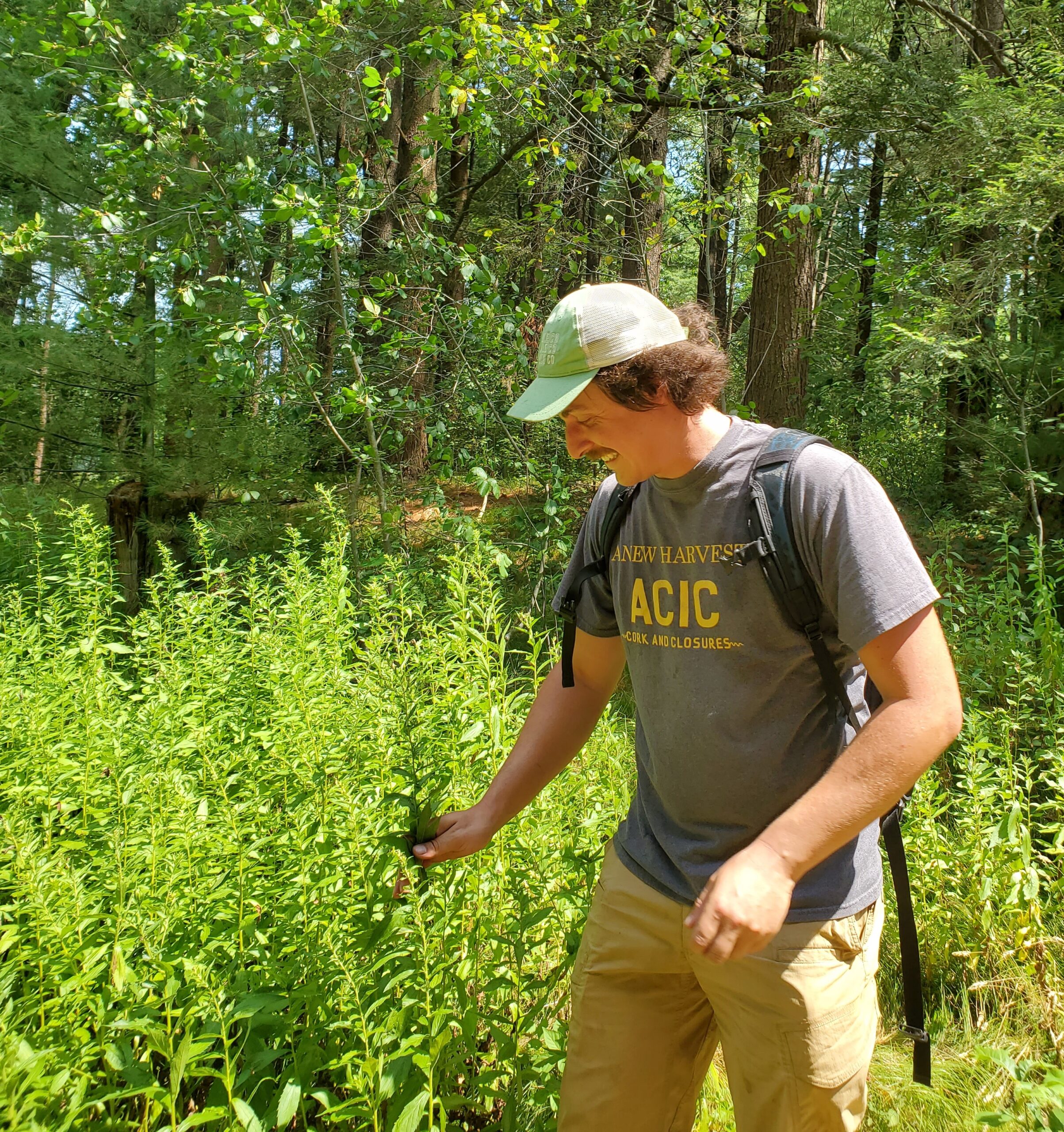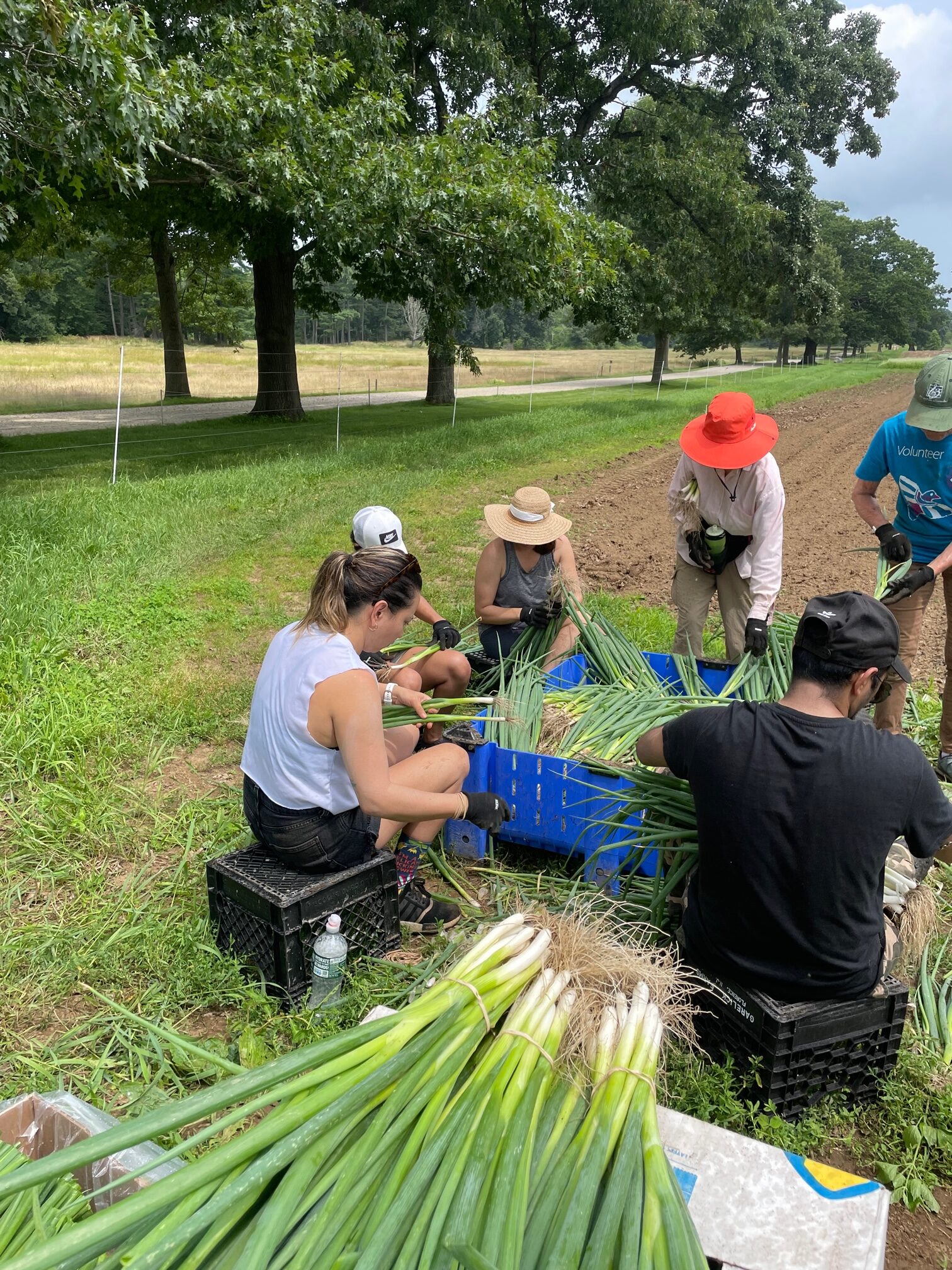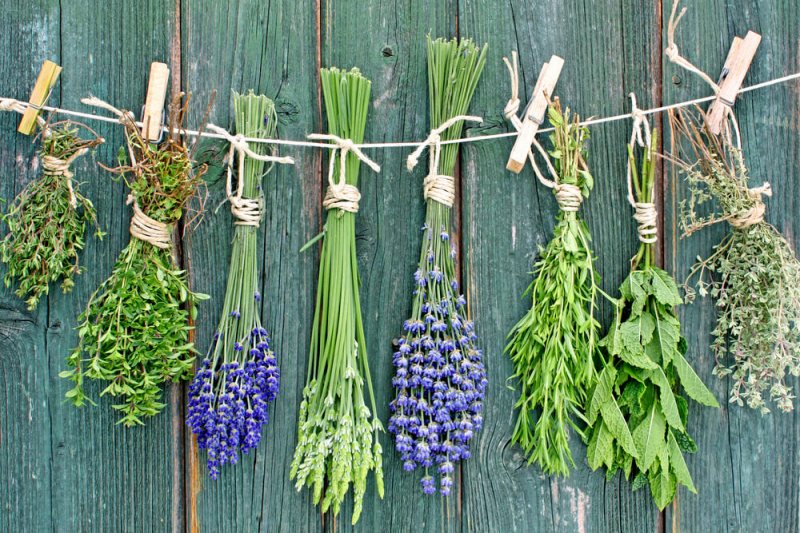
Consider the dilemma faced on a farm: When it comes to farming or conservation ecology, which matters more? For example, when cattle or tractors move through a pasture in midsummer, they can destroy the nests of migratory birds that nest on the ground. However, if a farmer cannot graze animals or hay grass during its peak growing cycle, they risk losing their business—and potentially having to sell that critical grassland habitat to a developer as a result.
So unsurprisingly, the typical relationship between conservation ecologists and farmers may best be described as “tense.” However, if you peel back the layers of what it takes to manage land to produce food versus to support wild species, you largely find the same fundamental concerns. Cultivation and conservation both depend on healthy soil, clean water, and lots of healthy biodiversity above and below ground. It would seem ecologists and farmers could accomplish so much together if only there was a bridge between their two worlds.
Enter Alejandro Brambila, who joined The Trustees in April 2022 after completing a PhD in ecology and plant community ecology at the University of Oregon. As the organization’s first agroecologist, Brambila is leading an ambitious new effort to marry the craft of food production with the science of ecology across the Trustees’ five working farms. He is helping test-drive the latest knowledge about ecologically beneficial farming from around the country to see if the practices work for Trustees and other Massachusetts farms.
“We feel like we struck gold when we hired Alejandro,” says Trustees Director of Agriculture Jennifer Core. “With his deep scientific background and the way he works shoulder-to-shoulder with our farm staff, Alejandro brings so much balance to facilitating conversations around shared farming and ecological goals.”
Brambila works with the Trustees’ agriculture and ecology teams to nurture healthy ecosystems on its farms. For example, at Appleton Farms, he is working with farm staff to test how to manage the grazing operation in a way that supports nesting habitat for bobolinks—small songbirds that migrate annually between local fields and South America. On traditional conservation land, it’s possible to stay off the grass until the bobolinks have nested, hatched their young, and raised the baby birds until they’re ready to fly south. “But small farms in New England essentially lose their best forage if they wait until early August,” notes Brambila.
This summer, he will lead bobolink surveys to understand the effects of allowing grazing and haying in certain pastures up through mid-May or early June. The hope is that this schedule will allow the grass to regrow enough so the bobolinks can safely complete their two-month nest-hatch-fledge cycle before returning to their winter home.
Brambila is also looking at other ways to support conservation ecology that feeds directly back into food production through climate resiliency, plant nutrition, pollination, and pest control. In another pilot project, for example, The Trustees will replace up to 20 acres of the European pasture grasses that dominate Appleton’s pastures with native prairie grasses.
“Cool-season European grasses performed well for New England farms in the past, but climate change is complicating this,” says Brambila, noting that The Trustees had to feed its cattle hay meant for winter during last summer’s historic drought. “Native grasses thrive in the heat and are resistant to drought and less dependent on soil amendments. They also support many more bees, butterflies, small mammals, and birds.”
Other agroecology initiatives are designed to investigate how to support native pollinators within the Trustees’ field crop and livestock operations, as well as if incorporating native perennials such as blueberry and elderberry shrubs could help stabilize and enrich the soil and create new crops and revenue.
The work Brambila will lead in the coming years to define farmland management and trial new production practices at the Trustees “has the potential to be really impactful across the entire state of Massachusetts and the region,” says Core. That’s because the Trustees’ five working farms function as self-sustaining businesses, just like other family farms around New England. The farms must keep producing high yields of fresh, healthy foods for some 1,200 vegetable and 500 meat CSA members to stay afloat.
However, Core says, “the abundance of farmland owned by The Trustees means we can take some risks that small farmers can’t take.” Where most farms in the region are smaller operations run by families who need every acre to produce in order to ensure their livelihood, Trustees farms can spare an eighth-of-an-acre here or several acres there to experiment with new practices, says Core. “We can then share the lessons learned—both the successes and failures—outside The Trustees to support the farming community as a whole.”
Editor’s Note: This blog originally appeared as an article in the Spring 2023 edition of Special Places, under the title “Advancing Agroecology.”
Freelance writer Genevieve Rajewski covers nature, animals, science, medicine and food.



